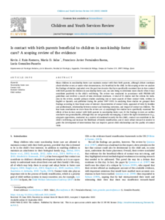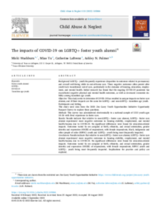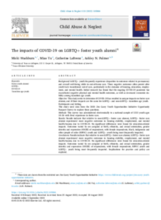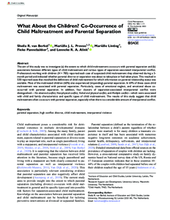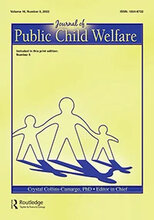Displaying 181 - 190 of 2221
In America, popular narratives about adoption tend to focus on happy endings. Poor mothers who were predestined to give their children away for a “better life”; unwanted kids turned into chosen ones; made-for-television reunions years later. Since childhood, these story lines about the industry of infant adoptions had gradually seeped into my subconscious from movies, books, and the news.
Rachel and her husband adopted Marcus out of Guatemalan foster care as a 7-month-old infant and brought him home to Lansing, Mich. With a round face framed by a full head of dark hair, Marcus was giggly and verbal — learning names of sea animals off flashcards, impressing other adults.
This has been the deadliest year ever for migrants trying to cross the U.S.-Mexico border. More than 800 migrants have died border-wide in the fiscal year that ends this week, according to internal government figures shared by a senior Border Patrol official.
In this scoping review the authors analyze the findings of studies conducted over the past two decades that have specifically examined face-to-face contact with birth parents for children in non-kinship foster care, with the goal of determining more clearly when it may contribute positively to the child's well-being. The review involved a search of nine electronic databases in Spain, the U.S., Portugal, and the UK.
New Scorecard Gives Only 4 a ‘C’ Grade; 46 Get ‘D’ or ‘F’
This U.S.-based study seeks to determine if COVID-19 has resulted in unique impacts on foster care alumni, and if these impacts are the same for LGBTQ+ and non-LGBTQ+ transition age youth.
This report reviewed evidence for the effects of psychosocial neglect on development derived from studies of young children raised in U.S. institutions. In these caregiving environments, children are physically safe and receive instrumental care, but the social, emotional, and cognitive components of caregiving are impoverished. The damaging and often lasting effects of these caregiving environments on young children's development underscore that psychosocial neglect should be considered as dangerous to child well-being as physical maltreatment.
This U.S.-based study seeks to determine if COVID-19 has resulted in unique impacts on foster care alumni, and if these impacts are the same for LGBTQ+ and non-LGBTQ+ transition age youth.
The aim of this study was to investigate (a) the extent to which child maltreatment co-occurs with parental separation and (b) associations between different types of child maltreatment and various types of separation-associated interparental conflict. This cross-national comparative study on family dynamics was based on National survey data of the US, Russia and 17 European countries indicates that in these countries 10–44% of the couples with children had separated before one of their children reached the age of 15 years.
This paper reviews the range of factors state legislation includes in the U.S., reviews scant existing literature on how termination of parental rights (TPRs) may effect youth, and proposes several options for ways that unproductive TPRs can be reduced, and timely reinstatements increased.

